May 23, 2025 | 05:13 GMT +7
May 23, 2025 | 05:13 GMT +7
Hotline: 0913.378.918
May 23, 2025 | 05:13 GMT +7
Hotline: 0913.378.918
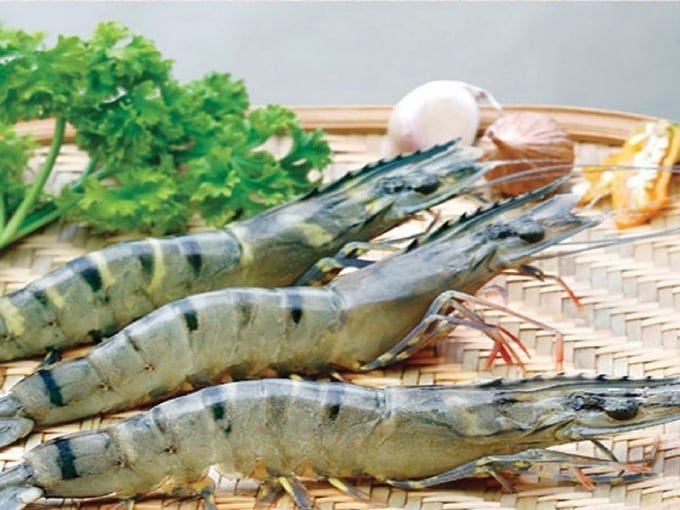
The average shrimp price in 2022 is estimated at USD 15/kg. Photo: TL.
According to the Ministry of Industry and Trade, experts at the Global Seafood Market Conference of the US National Fisheries Institute (NFI) predict that global shrimp output in 2022 will continue to increase, reaching 5,011 million tons, a significant increase compared to 4,569 million tons in 2021 and 4.086 million tons in 2020.
Ecuador made a highlight thanks to its impressive growth in shrimp output and exceeded 1 million tons in 2021 - the highest in over a decade. Ecuador's shrimp production increased thanks to technological change and this momentum is expected to strongly continue.
Countries in Asia are producing approximately 65% of the world's shrimp, while the proportion is 30% considering those in America. Shrimp output of India, Vietnam and Indonesia all have progressed steadily. The three countries’ shrimp production volume accounts for 55% of Asia’s shrimp output. If China is included, the proportion will increase to 80%, but China usually consumes shrimp domestically.
Vietnam's shrimp production volume is forecasted to maintain its stable growth in 2022.
World Bank prognosticates that the average shrimp price in 2022 will increase by 7% compared to 2021, to USD 15/kg.
High freight rates, rising marine fuel costs and logistical disruptions, plus congestion at seaports and the lack of truck drivers in the USA and Europe, are likely to push wholesale shrimp prices even higher.
In 2021, shrimp prices average at USD 12.7/kg, up 10% from 2020. Rising logistics costs are the main driver for that spike.
From the first to the third quarter of 2021, international shipping costs from Asia to North America for 20-foot and 40-foot containers increased by 500-700% (at USD 13,000 and USD 20,000, respectively) due to the supply chain disruption.
Translated by Samuel Pham
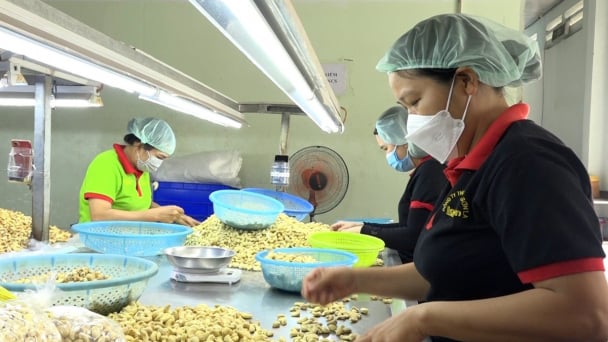
(VAN) Market expansion is a matter of survival for Vietnamese businesses amid fierce competition and global supply chain fluctuations.
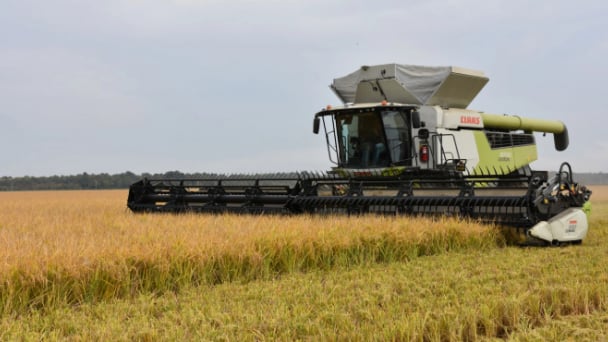
(VAN) Global market prospects for U.S. long-grain rice for the upcoming marketing year.
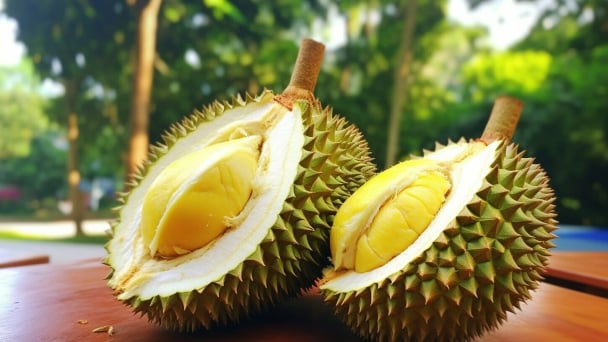
(VAN) China’s General Administration of Customs started permitting fresh durian shipments from Cambodia after a phytosanitary protocol was signed with the Cambodian Ministry of Agriculture in late April.
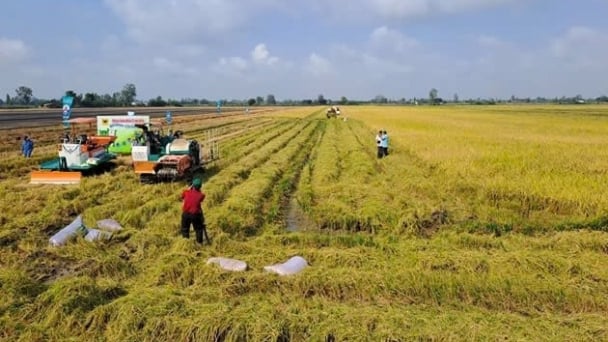
(VAN) To operate carbon market, one of the key issues is determining which types of 'commodities' meet the standards to be traded on the market.
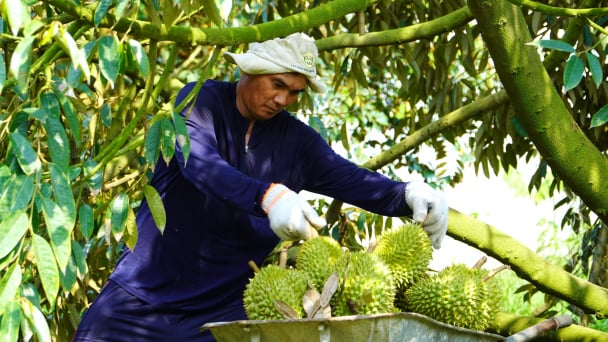
(VAN) Durian-producing localities need to coordinate more effectively with central authorities to improve the traceability, monitoring, and response systems in case of violations.
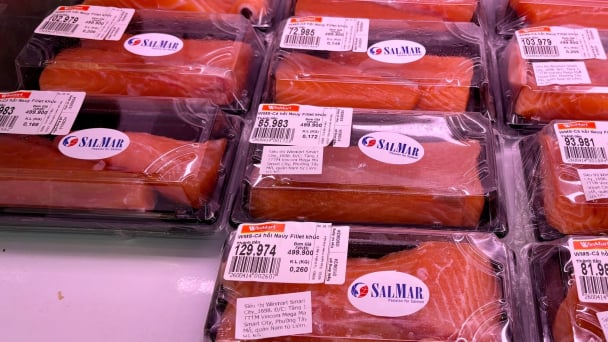
By minimizing waste, embracing modern technology, and expanding into niche markets, SalMar - the second largest producer of Atlantic salmon in the world has built a successful strategy to conquer the global market.
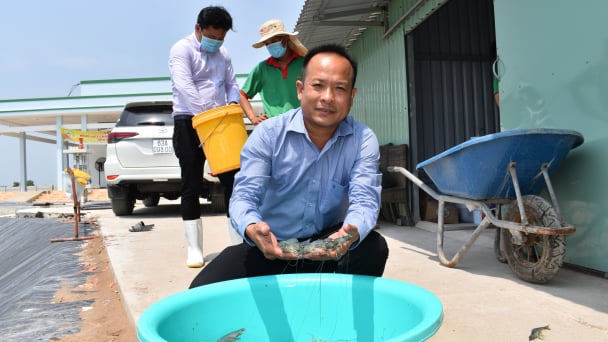
(VAN) One of the key factors for businesses to effectively take advantage of tariff preferences under these FTAs is the rules of origin.